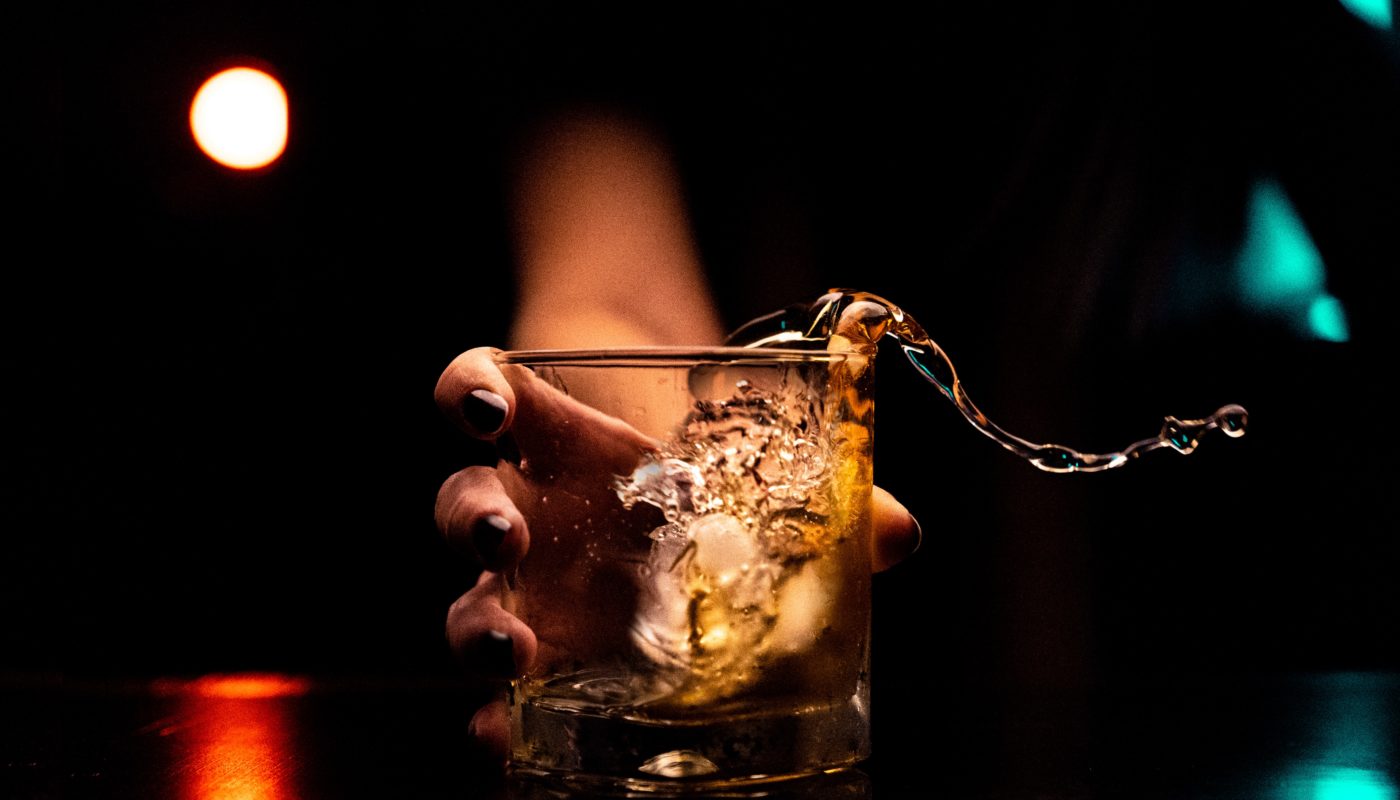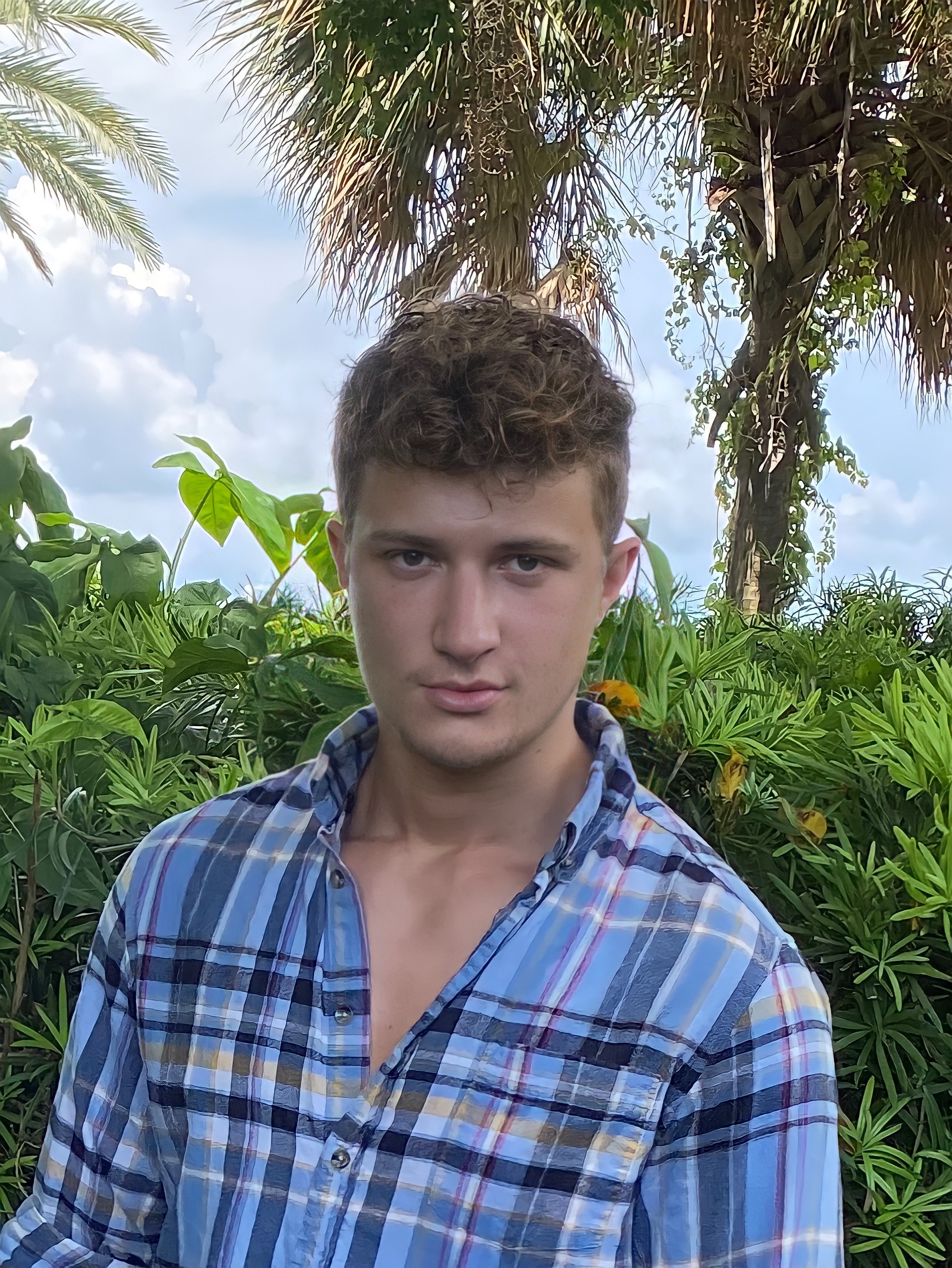Although April 1 is traditionally a day for playing practical jokes and engaging in shenanigans, the month of April has been allocated to a different type of monster–one far deadlier than any April Fool’s Day prank.
The National Council on Alcohol and Drug Dependence has sponsored April as Alcohol Awareness Month since 1987 to increase public awareness of alcoholism and alcohol-related diseases. The intention is to reduce stigma and encourage local communities to focus on these critical issues.
The World Health Organization estimates that 3.3 million people die every single year from alcohol-related causes. According to Claudia Christian, author and addiction recovery speaker, 80-90 percent of people suffering from an alcohol use disorder do not seek treatment. One of the people who suffered was Tomás Coelho.
Tomás Coelho was in the drama club, participated in sports, and was loved by all who came into contact with him. Once he turned 21, however, Tomás found himself deceiving friends and family, ruining relationships he worked hard for, and worst of all, betraying himself over and over again.
“Coke and alcohol was my favorite,” Tomás said. “Let’s grab a bag, go to a bar, get [obscenity] up, and dance. When you’re with your friends, there’s less worry.”
On St. Patrick’s Day of 2016, Tomás was at a pool party with friends when his mother phoned and ordered him to return home. Tomás finished his beer and got behind the wheel.
“I was driving 78 mph when I hit a 72 year old man from behind. His seatbelt locked and his driver seat broke, rendering him completely horizontal in his vehicle. He survived and he didn’t press charges. My car was in a ball. When I woke up, everyone in the hospital treated me like [obscenity], and I deserved every second of it. My finger was severed, I had contusions on my head, road rash all over my body, and rocks stuck inside of me. Because of my history of substance abuse, the doctors refused to give me pain medication,” Tomás said.
Tomás’s mother was given a basin of water and a rag by the ER personnel to clean him, which she did while weeping over his body.
“When I was finally able to walk out of the hospital, I immediately went to a bar to have a drink. That was when I looked around and realized what I was doing,” Tomás said.
Tomás went home and laid on his couch for weeks in physical agony and mental anguish.
“Once you finally wake up, you start going through that guilt. You start remembering everything you said, everything you did, everyone you hurt. You [obscenity] hate yourself because you have no one to blame but yourself,” Tomás said.
It took six months for the people in Tomás’s life to start believing in him again.
“This isn’t about having fun, it’s about escapism, wanting to create an artificial reality so you don’t have to face this one. No one ever wants to become an addict, and a lot of the time, it’s not their choice,” Tomás continued. “Thank God, I had a few people in my life who showered me with unconditional love and nursed me into a healthier version of myself,” Tomás said.
After his car accident, Tomás was able to turn his life around. He replaced drugs with genuine connections and substituted drinking for work that brought purpose to his life. Tomás wholeheartedly believes that if it weren’t for his tribe’s love and support, he would still be on a dangerous and destructive road today.
“When I first sat down at a NA meeting, I noticed that there were mothers, fathers, teenagers, high school students, college students, and people from all walks of life who, if I saw them walking down the street, I would have no idea they were stealing their grandfather’s pain medication, or stealing from their daughter to fund their alcoholism, or working a six-figure corporate job while addicted to crack.” Tomás continued, “The one thing most of these people had in common is that they weren’t getting the help and support they needed to combat their illness.”
Many people in the social circle of Tomás began distancing themselves, however, those who suck around are the reason Tomás is here today. Love, compassion, and a circle of support will provide victims and survivors of addiction with reassurance that there is more to life than their painful experiences.
Johann Eduard Hari once said, “For one hundred years now, we’ve been singing war songs about addicts. I think all along we should have been singing love songs to them.” Hari continued, “The opposite of addiction is not sobriety, the opposite of addiction is connection.”
Although Tomás was able to recover by developing healthy coping mechanisms and mending his connections, many suffer a different fate. There is no shame in addiction – there is only shame in how society and legislature treats addicts. What matters most is how we welcome others with open arms and love.


